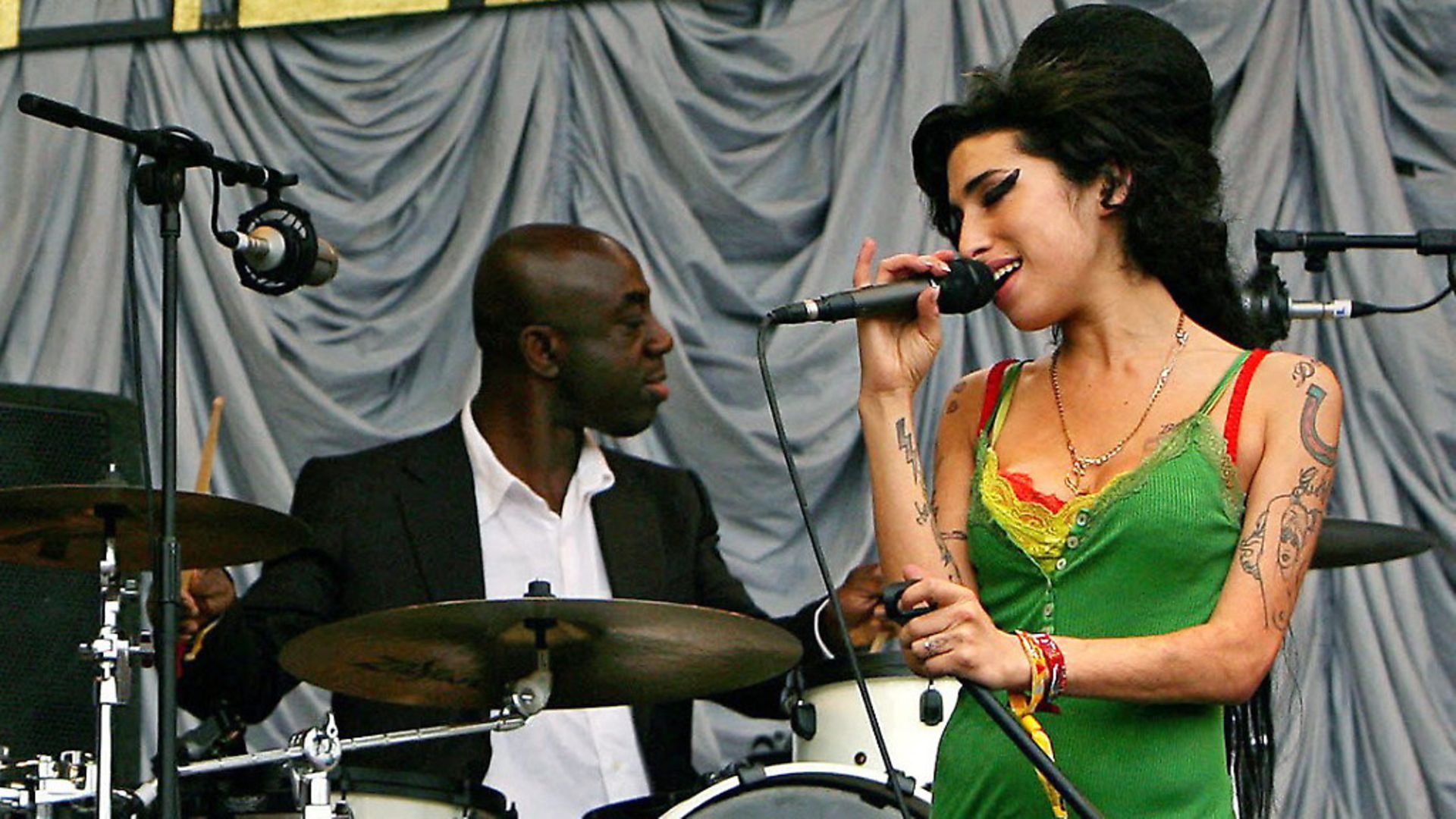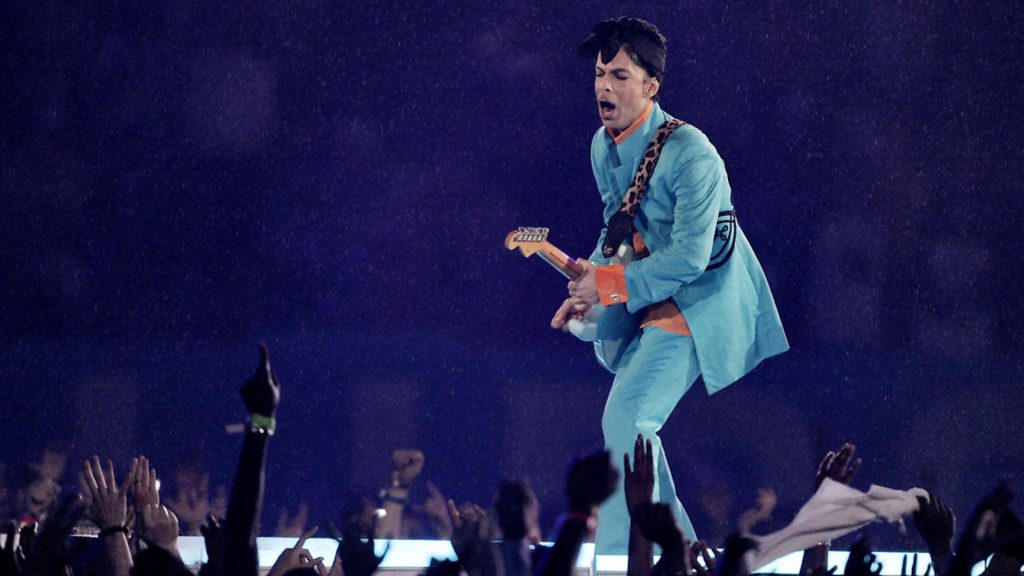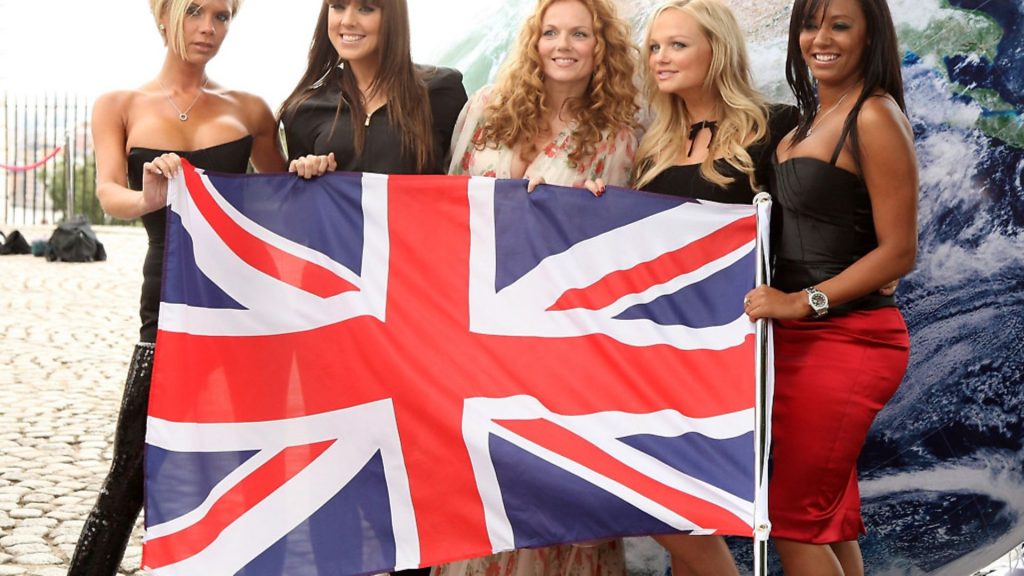
It was the year the music business finally got to grips with new technology, Tony Blair quit and Amy Winehouse’s troubles became painfully clear. SOPHIA DEBOICK looks back at a pivotal 12 months

The first decade of the 21st century was a confused one for British music. There had already been a major resurgence of British artists by 2007.
Solo acts like Jamie Cullen, James Blunt and Joss Stone had conquered America, while Coldplay, Oasis, Kaiser Chiefs, Franz Ferdinand, Keane and Snow Patrol had consolidated their successes. But seven years on from Metallica’s lawsuit against Napster for facilitating illegal music file sharing, the record industry was still struggling with the negative impact on profits of the march of technology. Technological innovation brought opportunities as well as dangers though, and while the indie-tinged, the album-focussed and the generally worthy was riding high, it was a year when the pop charts were revitalised by the digital download.
The music industry had brought illegal downloading under some sort of control by 2007, thanks in no small part to the launch of iTunes in 2003. The tenor of the debate had changed in some quarters, and just as in the 1980s it was understood that ‘home taping is killing music’, many music-lovers argued that emerging artists, not just rich record company executives, would be hit in the pocket by illegal downloading and ultimately new music would not get made.
Yet, early in 2007, the New York Times reported that globally illegal downloads were outnumbering legitimate digital purchases by a factor of 10 to one. The genie was out of the bottle and the music business was irrevocably changed.

This was the year that the industry got real, having realised it couldn’t control consumer behaviour like it used to, and started to build new business models to protect revenues.
In October, Radiohead released their album In Rainbows online for an honesty box payment. This meant fans could download the album for free if they chose, but the move was hardly altruistic; collector’s editions and box sets followed, and that summer Prince had already proven that treating recordings as a loss leader could be profitable. His album Planet Earth was released as a Mail on Sunday freebie, but then he promptly sold out an unprecedented 21 nights at the newly-opened O2 Arena, grossing more than £12million. MySpace, then four years old, and YouTube, launched in 2005, provided platforms for artists to take control of the online presence of their music and never again would they try to swim against the tide, risking alienating fans by marking themselves out as the money-grabbing face of corporate music-making, as Metallica had done.
Another record industry innovation that came to maturity 10 years ago was the 360 deal, an arrangement which gives the record company a cut not just of the artist’s record sales, but of revenues from live appearances, merchandising and sponsorships too. Robbie Williams’ landmark £80m deal in 2002 had cut EMI in on his non-recording revenues, but when Madonna left Warner for Live Nation in 2007, abandoning a traditional record label for a concert promoter in a $120m 360 deal, the writing truly was on the wall. Recordings were no longer the artist’s key commodity and live performance was the future. Although they were both charity fundraisers, the two big live events of that year, the Concert for Diana at the newly-rebuilt Wembley Stadium and the 11-location, anti-global warming Live Earth, showed that the live experience still had huge cultural currency.
The malaise in the record industry was the inspiration behind the first new number one of 2007, Mika’s exuberant killer-earworm Grace Kelly, which referenced an executive’s less-than-imaginative plan to recast him as ‘the new Craig David’ (‘Should I bend over?/ Should I look older just to be put on your shelf?’) The song sold more than 600,000 copies, its success spurred on by the inclusion from January 1 of this year of all digital downloads on the UK charts, not just those that had an accompanying physical release as had been the previous rule. It was only the second single to go to number one before the CD version had been issued, the first being Gnarls Barkley’s 2006 single Crazy, which returned to the top 30 in the same month on downloads alone.
The new chart rules gave a renewed impetus to the single as a format and brought some golden oldies back to the top 40. Catchy yet grown-up pop abounded in 2007, with Nelly Furtado’s Maneater, Rhianna’s Umbrella and Robyn’s With Every Heartbeat notably sophisticated offerings. Leona Lewis, having won The X Factor at Christmas, scored an international smash with Bleeding Love, the best-selling single of 2007, announcing her arrival as a bona fide modern diva. Mark Ronson and Daniel Merriweather’s cover of The Smiths’ Stop Me If You Think You’ve Heard This One Before got to number two, and Amy Winehouse’s Valerie, also taken from Ronson’s Version album, was only kept off number one by the Sugababes’ euphorically wistful About You Now. Indeed, more teen-orientated pop was also in the ascendant, with Avril Lavigne’s heavily Toni Basil-referencing Girlfriend at the top of the charts in February, and her The Best Damn Thing was the biggest-selling album of the year globally. The return of Girls Aloud in September with the brilliantly titled Sexy! No, No, No… confirmed bubblegum pop was here to stay.
The Spice Girls’ announcement in June that they would be reforming for a world tour was like the pop goddesses descending to give their blessing to the rejuvenated pop scene. A resurgent Take That were all over the top 10 with the anthemic Patience and Rule the World, among others, and after two years away and her notorious head-shaving incident that February, Britney Spears’ September comeback was marked with the single Gimme More and an opening performance at the MTV Video Music Awards (in fact a display of breathtakingly bored shimmying).
But the new fully download-inclusive charts allowed nostalgia to go back far further than the 90s, and Phil Collins’ In the Air Tonight went to number 14 a quarter of a century after its original release, comfortably sitting in the top 100 best-selling singles of the year, purely by virtue of the song appearing on a Cadbury’s advert featuring a drum-playing gorilla. Christmas 2007 saw the charts peppered with classic festive songs as consumers downloaded their party music.
If one act proved that the record industry could still produce quality in the 2000s, it was Amy Winehouse. Abandoning the Jazz-pop of her debut for heavily Phil Spector and Motown-influenced R&B, Winehouse’s Back to Black, released late the previous year, was the biggest-selling album of 2007 in the UK. That the entire LP ran for a slender 34 minutes made its pop sensibilities clear, but its self-referential earthiness (few artists can claim lyrical name checks for chips and pitta and Stella Artois) and sumptuous sound suggested this was a future classic. On the track Me & Mr Jones, the contrast between its smooth doo-wop feel and the use of sweary London vernacular (‘What kind of fuckery is this?’ is surely a question for our times) was sensational, and the atmosphere of the title track, its middle eight positively Gothic, was hypnotic. The Mark Ronson and Salaam Remi-produced album swept all before it at the following year’s Grammys, and Time magazine named Rehab the best song of 2007. But while Winehouse’s June performances at the MTV Movie Awards, Glastonbury and the Isle of Wight Festival went well, by the end of the year her ability to function was compromised by addiction, illness and personal issues, having married Blake Fielder-Civil that May. At November’s MTV Europe Music Awards she was an incoherent parody of herself, yet nobody in the industry seemed willing to mention the elephant in the room, much less intervene in a developing tragedy.
Winehouse decisively broke America, and British popular culture was doing well across the pond on several fronts. Golden Globes were awarded to Helen Mirren (who would also win an Oscar for The Queen that year), Sacha Baron Cohen, Bill Nighy, Jeremy Irons and Hugh Laurie, while the final instalment of the Harry Potter saga sold 8.3 million copies in the US within 24 hours of its release. In domestic and more humdrum entertainment there were some memorable farces. Celebrity Big Brother exploded into a racism row around Bollywood star Shilpa Shetty, Paul Potts won the first series of Britain’s Got Talent, and Blue Peter and Richard and Judy’s programme got embroiled in the competition phone-in scandal. Retrospectively, it seems like innocent times indeed.
Politically, the year was marked by some big changes of personnel, and just as Fabio Capello replaced Steve McClaren as England manager, Nick Clegg took over from Ming Campbell as Liberal Democrat leader, and in June Gordon Brown took the reins from Tony Blair as leader of the Labour Party and Prime Minister.
The shockwaves from the September run on Northern Rock, which marked the start of the credit crunch, and the signing of the Article 50-containing Lisbon Treaty, would be felt for years to come. Some new legislation also indicated a changing world. That summer, England caught up with Wales and Scotland and brought in a smoking ban and in January crystal meth was reclassified as a class A drug in response to the emergence of this growing global problem (inspired by this emergence, Breaking Bad went into production that year). Conflicts were both ended and renewed as the British Army withdrew from Northern Ireland, but 800 additional UK troops were deployed to southern Afghanistan early in the year and the Commons voted to update Trident. In June the Glasgow Airport terror attack may have been the first such incident in the UK since 7/7, but it prompted the cheering and memorable Daily Record headline ‘I kicked burning terrorist so hard in balls that I tore a tendon in my foot’.
The trend for sophisticated pop and formidable divas would continue after the year had ended, with Adele, who had appeared on Later… with Jools Holland as an unsigned unknown in mid-2007, releasing 19 in January 2008, and Lady Gaga exploding onto the scene with Just Dance the following April.
When Spotify launched in October, streaming became the new game-changer, sparking a whole new round of controversy as artists cried foul over their remuneration. But, just as the world entered a new era of economic instability in 2007, that year had been a turning point for the commercial realities of making and selling music.
Dr Sophia Deboick is a historian of popular culture. Follow her @SophiaDeboick









